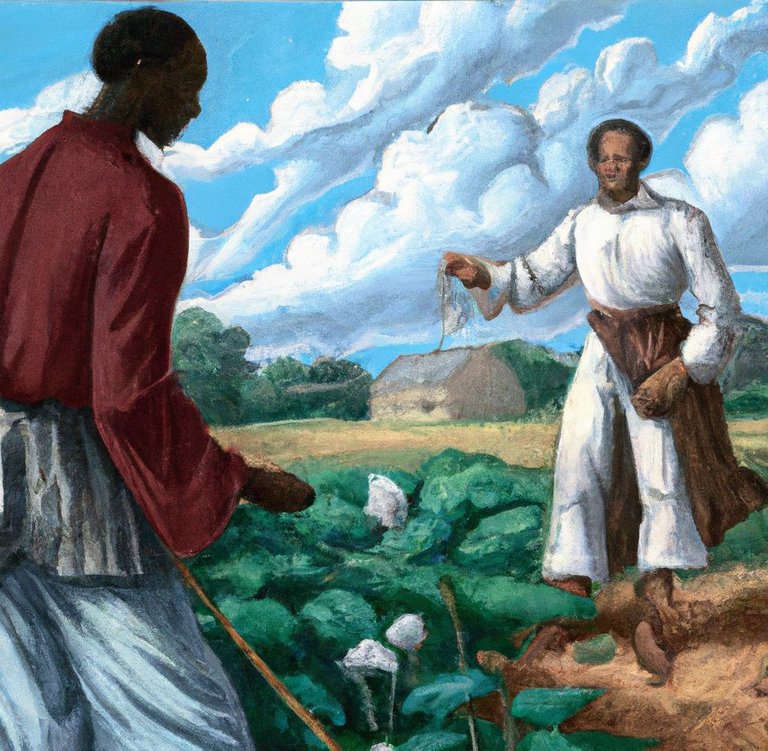
Reparations have been a topic of discussion in the United States for many years, with some groups arguing that the government owes reparations to African Americans for the legacy of slavery and discrimination. However, as a Libertarian, I believe that reparations are not the solution to this issue.
The quote "I never picked any cotton, and you never owned any slaves" highlights the fact that no individual should be held accountable for the actions of their ancestors. Slavery was a terrible institution, and it is important to acknowledge the wrongs that were committed, but we cannot hold modern-day individuals responsible for something they did not do. It is unfair to ask people to pay for something that they did not do and that they had no control over.
Furthermore, it is worth noting that the idea of reparations raises several other questions. Should reparations be given to the descendants of the Slavic people that were enslaved by the Black Moors? Should the descendants of the Irish, who were treated poorly when they first arrived in the United States, receive reparations? The answer to these questions is no. Restitution needs to be made to victims of violence, but justice only works when applied to the individual, not to groups.
Race is a subjective construct, and trying to apply justice to a race because of the actions of another race is an untenable goal. We cannot hold all white people responsible for the legacy of slavery any more than we can hold all black people responsible for any wrongs that have been committed by members of their race. Justice is blind to race, and it should be applied equally to all individuals, regardless of their background.
In addition, reparations would create an unequal and unfair system. Who would qualify for reparations? Would all African Americans receive reparations, or only those who can prove that their ancestors were slaves? And what about those African Americans whose ancestors were free during the time of slavery? Would they still receive reparations? The logistics of such a system are complicated, and it would be challenging to determine who is eligible for reparations and who is not.
In conclusion, the issue of reparations requires a nuanced and compassionate approach. While reparations are necessary, they should only be made voluntarily and on an individual basis. The principle of individual freedom is essential to the Libertarian perspective and must be respected, even in the context of reparations. The use of coercion or force to impose reparations is not only counterproductive but can create further victims in need of restitution. Ultimately, the act of providing reparations must be approached with empathy, understanding, and a recognition of individual responsibility. By adopting this approach, we can hope to promote healing and move towards a more just and equitable society.